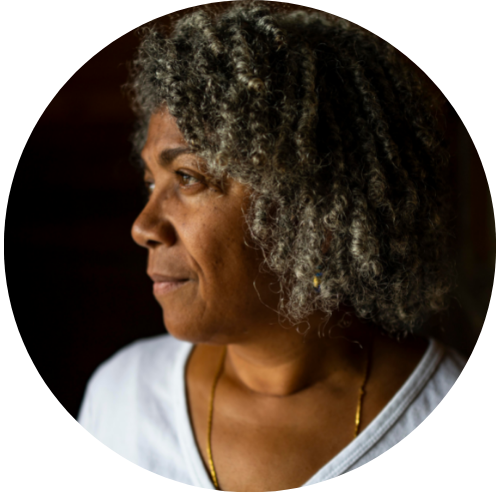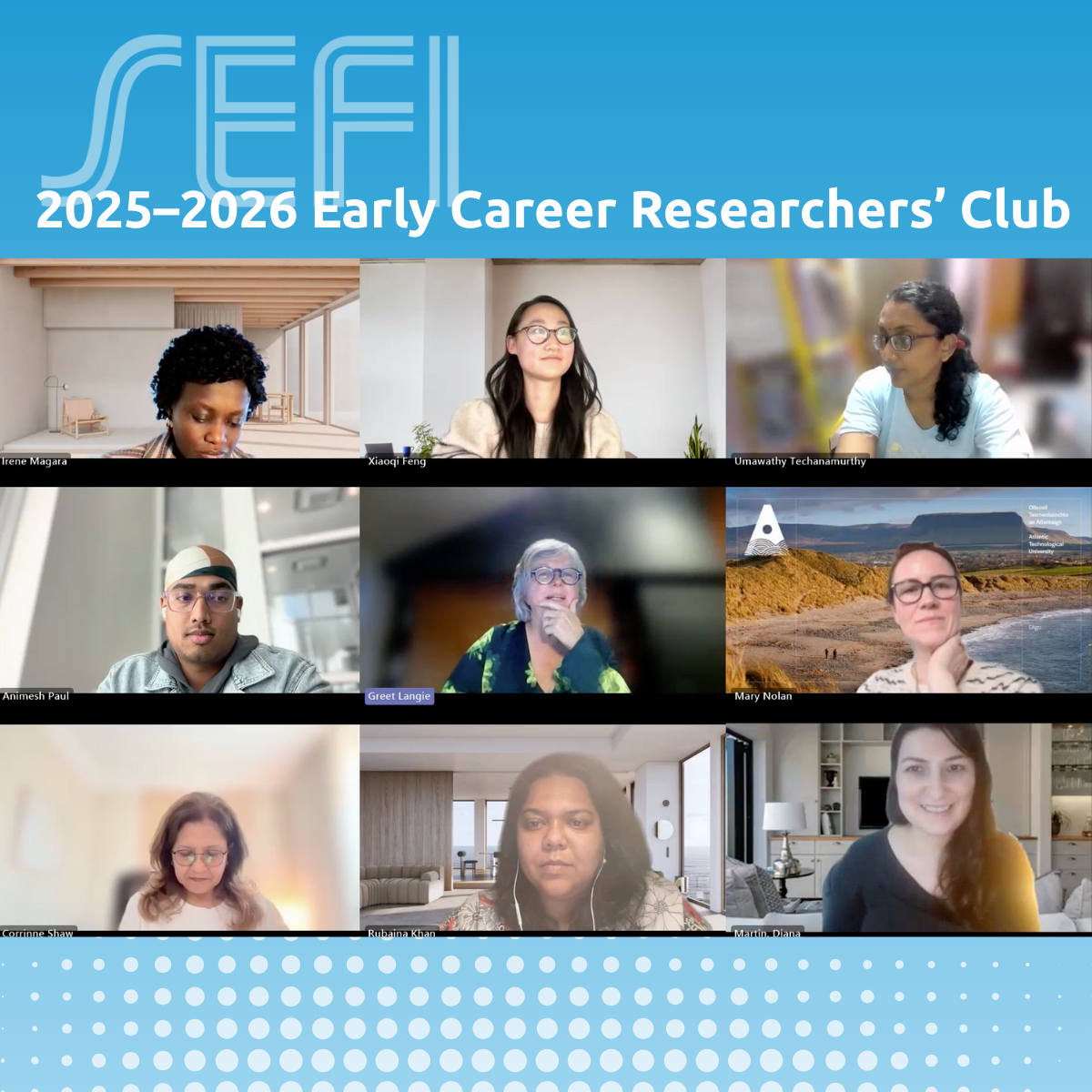The SEFI Early Career Researchers’ Club is a 9-month initiative designed to support and connect…

Associate Professor, Department of Engineering and Society, University of Virginia.
*The OEC project, a brainchild of ethicist Caroline Whitbeck, has for over 25 years been a key online resource for those who are teaching and studying ethics in engineering and science. For most of its evolution, the OEC has been a growing repository of ethics material, including case studies, commentaries, syllabi and teaching notes, recorded lectures and discussions, and more. Use of the site is free of charge, although users are encouraged to join the site (at no cost) in order to receive quarterly newsletters and gain access to special collections.
The OEC is now evolving into a virtual space for collaboration and engagement with members from around the world. For example, recently appointed OEC Fellows are leading new OEC Communities of Practice (CoP). The first two CoPs will launch in June: “Biomedical Engineering Ethics” and “Scholars, Educators, and Administrators Fostering Research Integrity.” Other CoPs are development are for “Collaboratory Cultures” and “Teaching Ethics.”
Members of these communities will have access to a directory of members, discussion forums initiated by community members, file sharing, and OEC resources pertaining to their particular areas of scholarly interest. They will be able to develop new resources, such as collections of educational materials, and submit them for public posting on the OEC.
Of particular focus for the OEC is providing teaching material for STEM faculty who are new to teaching ethics; people who want to include ethics in their courses but have no formal academic training to do so. To address these needs, the OEC will provide access to teaching modules that use the “Giving Voice to Values” (GVV) curriculum, adapted to engineering education. Those modules will be made available for use by anyone, anywhere, who is teaching ethics to engineering students.
The OEC site has been host to a variety of speakers for a Webinar series called, “Bringing Ethics into the Conversation.” We welcome suggestions for speakers and ideas for topics to be covered, pertaining to teaching STEM ethics. As always, we invite submissions of resources for the site collection.
As we continue to expand OEC membership internationally, we aim to enrich a global understanding of how connected we all are, not only technologically so, but also in terms of our capacity to consider the ethical challenges before us.
*OEC is funded by the National Science Foundation (NSF), and hosted by the University of Virginia.


